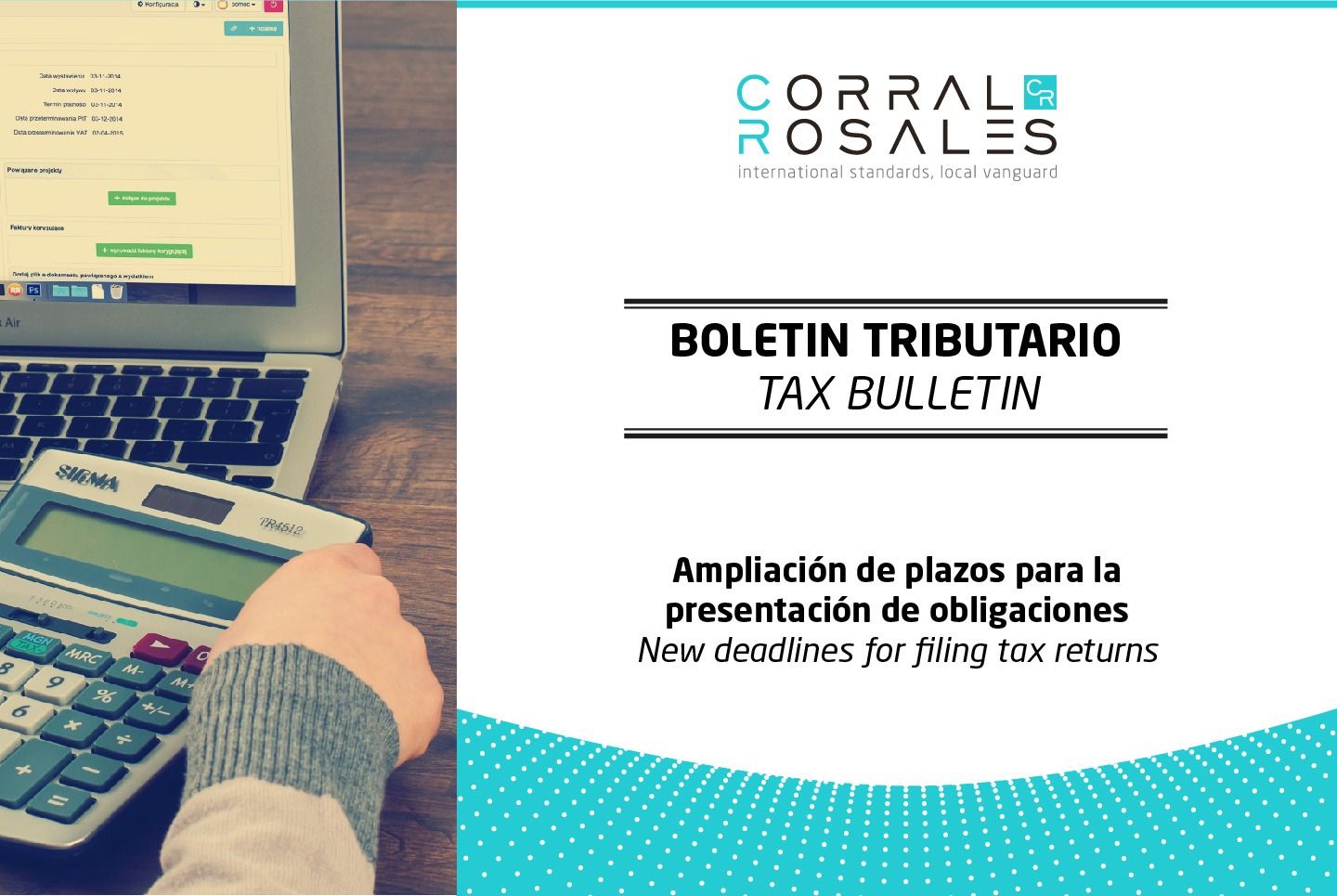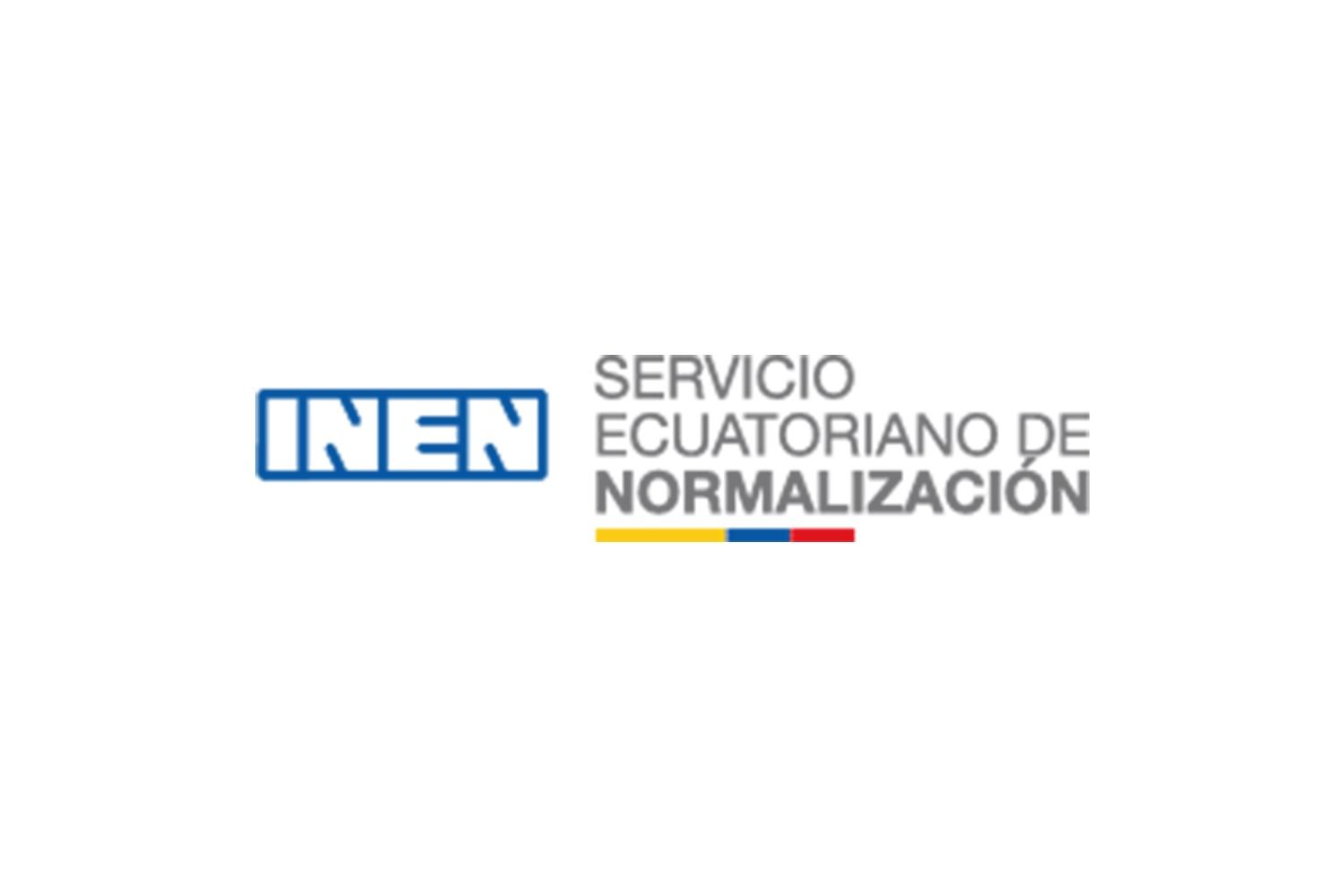Rights in trade names are acquired through their use; therefore, the registration of these before the Ecuadorian IP Office, or SENADI according to its official name and acronym, is merely declarative. There is currently a tendency to deny trademark registration based on already registered trade names, even if their use has not been demonstrated. This practice forces the applicant to file administrative or judicial challenges to try to remedy the situation.
A trade name is any sign capable of identifying a person or business establishment in the exercise of its economic activity. Trade names are independent of the corporate name or commercial name. They can be the same or different. In any case they can coexist.
While trade names and trademarks both relate to a distinctive type of sign, trade names have some important differences compared to the latter. These differences and their treatment by the IP Office are those that eventually cause practical inconveniences that will be examined in this article. Among the most relevant differences are:
- The rights to trade names are acquired through use; thus, the Andean and national regulations expressly state, “The exclusive right over a trade name will be acquired with its first use in commerce.” On the other hand, rights over trademarks are acquired only upon registration with the IP Office.
- The registration of a trade name with the IP Office is only declarative, since the right arises only with the use, regardless of whether it is registered or not.
- The rights to a trade name end once its use ceases or the activities of the person or company that uses it cease. In contrast, rights to a trademark will remain as long as renewed or not cancelled or invalidated.
- Trademarks protect products or services, while a trade name identifies a commercial activity.
For the protection and defense of trade names, as with trademarks, there is the right of opposition against applications for signs that, among other grounds for refusal, are capable of creating confusion or association in consumers.
Article 416 of the Law of the Social Economy of Knowledge, Creativity and Innovation (hereinafter, Ingenuity Law) provides that: “Declaratory registration of the Trade Name (…) In any case in which the exclusive right over a trade name is alleged or claimed, its public use must be proven, such use being continuous and in good faith, at least within six months prior to said claim or allegation. The proof of use will correspond to the owner of the trade name. For the purposes set forth in this subsection, if the holder is not a party to the respective procedure, he will be notified ex officio.” (emphasis added)
Therefore, if there is a trade name (registered or not) that is in use, its holder may file an opposition, in which case he will have to prove the use of the trade name, and the IP Office will decide on the granting or refusal of the applied-for mark.
The problem arises when a trademark similar to a registered trade name is applied for, and the owner of the trade name did not file opposition or, despite having done so, did not demonstrate the use of the trade name, which is essential to prove the existence of the right.
According to the Ecuadorian IP Office database there are about 30,000 registered trade names, which, depending on the validity of the registration, are potential obstacles to the registration of a mark even though many of them are not in use. The use of trade names is the prerequisite necessary for their validity and existence to comply with the Andean and national regulations.
As a consequence of the foregoing, the Ecuadorian IP Office currently tends to deny the registration of trademarks ex officio because they are similar to already registered trade names even without proving proper use of the latter.
The problem arises from the fact that the IP Office accepts applications for registration of trade names without requiring proof of use, as well as from the non-application of Article 416 of the “Ingenuity Law” regarding the obligation to require proof of use of trade names when they are invoked as the basis for the refusal of a trademark application. Conversely, the IP Office, despite not requesting proof of use in the two cases above mentioned, does so at the time of renewing the registration of the trade name.
To circumvent the problems derived from this practice, the Authority should apply the previously mentioned Article 416, notifying the holder of the trade name registration of its obligation to demonstrate its use; only when evidence of use is filed should the authority assess whether there is sufficient legal basis to prevent the registration of a third party’s mark.
In conclusion: only when certain as to the existence of the rights over the trade name should the Authority rule on an opposition or a refusal ex officio. Unfortunately, this does not happen in most cases, although the highest administrative authority has repeatedly expressed that a registered trade name whose use has not been proven should not prevent the registration of a trademark.
This would avoid numerous problems for users who are forced to incur unnecessary expenses and to further extend the time to obtain the registration of their mark by trying to remedy the situation through administrative and judicial challenges, which can take several years.
Some specialists in the area see a solution in the possibility of filing cancellation actions for lack of use against registered trade names. SENADI has not maintained a unanimous approach on this issue, since, although there are cases in which these actions have been accepted (Resolution of August 25, 2010 procedure No. 08-973-AC-RR. Trade name “Compacalza Leopard ”), the most common approach of the IP Office is to declare the inappropriateness of these actions due to the legal nature of trade name registrations and their declarative nature (for example, resolution No. 121-2013-CPI-1S issued in the process 07-050-AC-2S on March 5, 2013 of the trade name “Natusal”).
In order to eliminate the problems examined in this article, the IP Office could incorporate into the relevant trademarks regulations – the draft of which they are currently working on – a norm that reiterates the correct application of Article 416 of the “Ingenuity Law.”
Katherine González
Associate at CorralRosales
katherine@corralrosales.com










